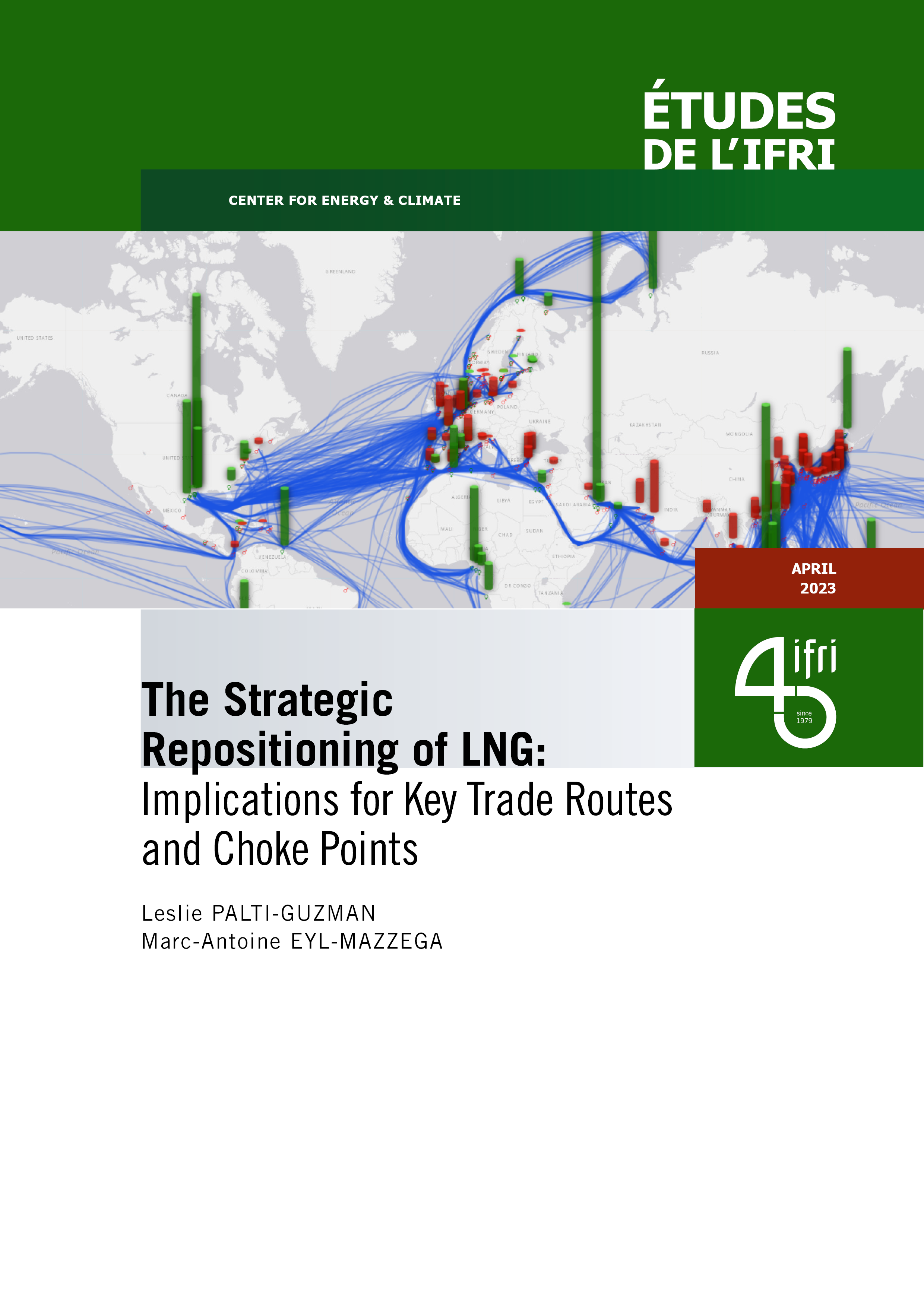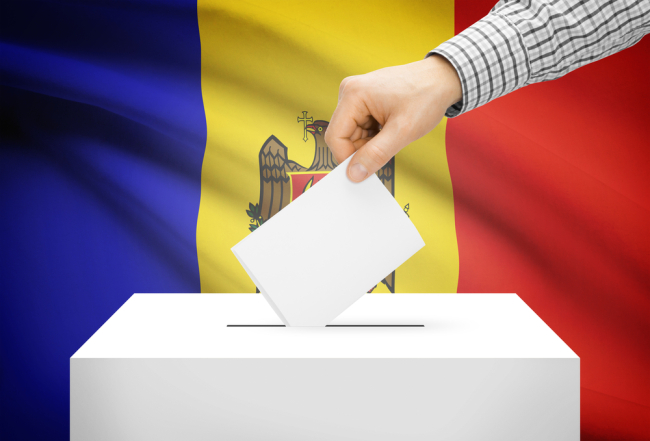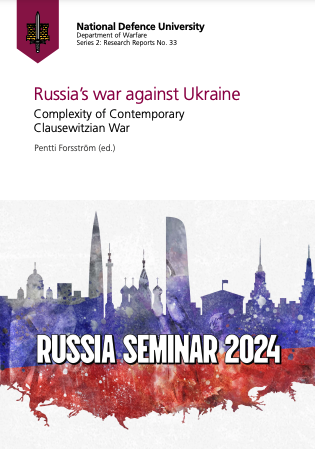The Strategic Repositioning of LNG: Implications for Key Trade Routes and Choke Points

2022 saw the climax so far of the weaponization of energy. Following its geopolitical demise, Russia has undertaken its own gas amputation, moving from a super energy power status to a diminished role with uncertain prospects and only hard options left.

Russia has cut off almost entirely pipeline gas supplies to the European Union (EU), first inflicting huge financial pain and collecting record high revenues, but then simply losing out its largest and best market with no realistic alternative, and no prospect of any significant return. However, the Kremlin could still further reduce some of the remaining pipeline gas or liquefied natural gas (LNG) supplies and thus cause some tensions in the markets. Russia also retains leverage on oil markets, where the Kremlin managed to cope with the embargo as well as the price cap and maintain the relationship with Saudi Arabia which drives OPEC+ decisions.
Meanwhile, in 2022, the European energy system has managed to surprisingly adapt on the supply and demand side to the three shocks: the decoupling from Russian energy supplies, the hydropower generation crisis, and the French nuclear electricity crisis. Liquefied natural gas has made a comeback in Europe and has been a savior of industries, governments, and populations. The LNG corridor between the EU and the United States (U.S.) has become the most dominant LNG trade route in 2022. This came at a huge cost though – EU’s gas import bill soared ten times from 2020 and three times from 2021 levels.
For 2023, the European gas balance is much more fragile, as the demand reduction potential has reached its limits, same for the ability to attract additional non-Russian exports to Europe, at a time when missing Russian volumes will probably reach 120 billion cubic meters (bcm), instead of about 77 bcm in 2022. More moderate price levels since November 2022 have clearly overshadowed this fundamental mismatch, especially as the weather has been mild and China was still struggling with the pandemic.
With an additional 30-40 bcm of missing Russian gas to offset in 2023 compared to 2022, Europeans can be expected to benefit from an extra gas of around 20-25 bcm left in storages thanks to mild weather and available LNG. They have no choice but to continue saving energy in a hurry, that is both on gas and electricity. Gas demand in power generation had increased in the first nine months of 2022 before falling in Q4 2022, and well over 15 bcm can be saved here in 2023 as more nuclear is available altogether, alongside more renewables, and some coal. It will be critical to reduce peak loads though. The key improvement is in terms of logistics, with the massive new LNG import capacity deployed across Europe.
Overall, EU’s import situation will be very tensed and fragile for the next winter. The key challenge is that EU’s gas supply security ultimately depends on the weather in Europe, China’s and Japan’s LNG demand, and weather or technical outages in the Gulf of Mexico or in other producers. Any slight disruptions in supplies can have major impacts. As a last resort, bringing back some Groningen supplies, no matter how politically sensitive this would be, must be considered and prepared. Large financial compensations and effective governmental action would notably be required to offset the hardships.

Available in:
Regions and themes
ISBN / ISSN
Share
Download the full analysis
This page contains only a summary of our work. If you would like to have access to all the information from our research on the subject, you can download the full version in PDF format.
The Strategic Repositioning of LNG: Implications for Key Trade Routes and Choke Points
Related centers and programs
Discover our other research centers and programsFind out more
Discover all our analysesCommanders of Putin's Long War: Purged, Reshuffled and Disgruntled
The trend of reshuffling the Russian top military command in the course of a fast-evolving and far from successful war has progressed unevenly both across the Armed Forces’ structures and in time. The rationale for and timing of the abrupt cadre decisions made by Commander-in-Chief Putin often defy logical explanation, and the rare official clarifications are no more informative than the usual information blackout.
Russian Military Manpower After Two and a Half Years of War in Ukraine
In addition to a military victory in Ukraine, the Russian leadership is planning to build up sizable troop formations for a possible conflict with NATO in the Baltic region and the Kola Peninsula. In particular, current plans aim for the military manpower to grow by about 350,000, reaching a total of 1.5 million soldiers and commanders. In the context of the current conflict in Ukraine, this cannot be accomplished without a new wave of mass mobilization.
Moldova’s Foreign Policy after 2024 Presidential Elections: Staying on the EU Path, Moving Eastwards or Becoming Multi-vector?
The future of Moldova’s foreign agenda will undergo a stress test during the upcoming presidential elections on October 20, 2024.
Russian Strategic Thinking and Culture Before and After February 24, 2022: Political-Strategic Aspects
Written by Dimitri Minic, the scientific article "Russian Strategic Thinking and Culture Before and After February 24, 2022: Political-Strategic Aspects" in Russia’s war against Ukraine: Complexity of Contemporary Clausewitzian War by the National Defence University Department of Warfare, Helsinki 2024.









